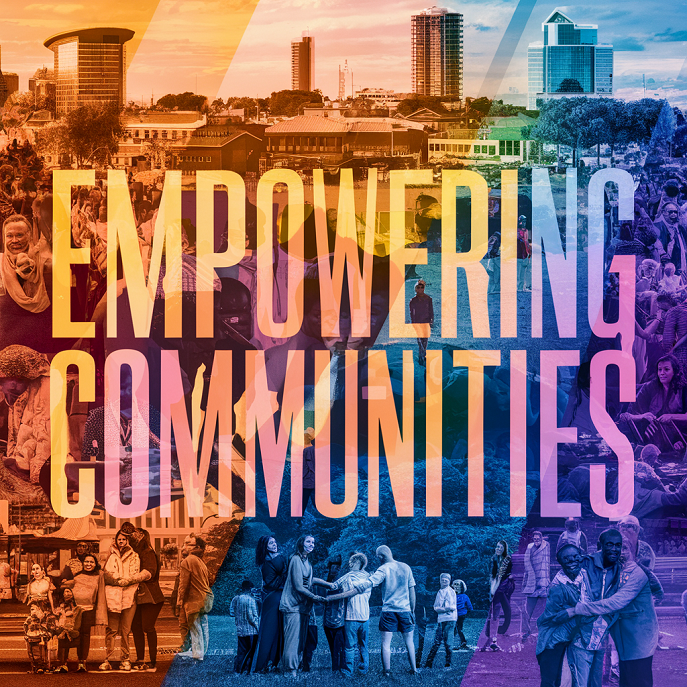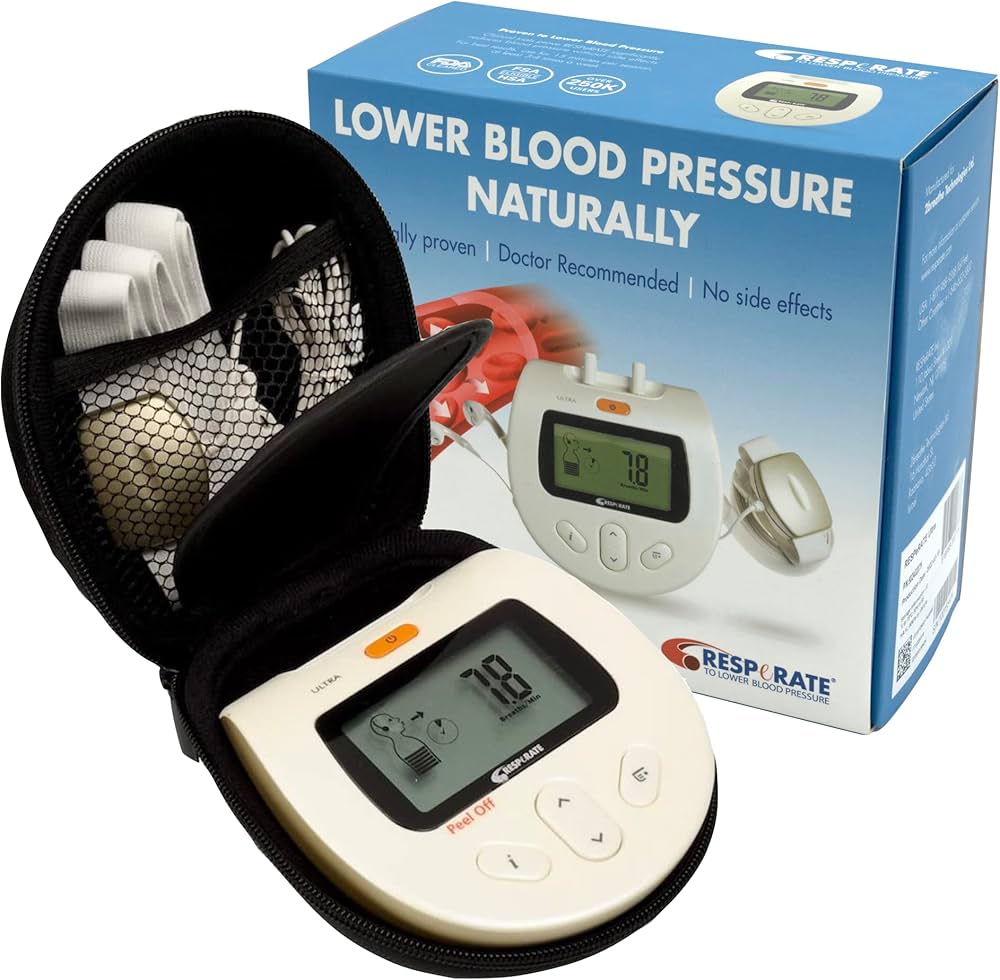Cancer, a pervasive foe impacting millions globally, poses multifaceted challenges encompassing physical, emotional, financial, and social dimensions for individuals enduring its grasp. Communities are pivotal in the fight against cancer, with non-governmental organisations (NGOs) leading the charge in raising awareness, delivering assistance, and equipping communities to confront the disease head-on. This blog explores the pivotal role played by NGO-led cancer awareness and support programs in empowering communities and advancing oncology initiatives.
Raising Awareness
NGOs organise various campaigns, workshops, and seminars to educate communities about cancer prevention, early detection, and treatment options. These initiatives aim to dispel myths, reduce stigma, and promote healthy lifestyle choices. By collaborating with healthcare professionals and local authorities, NGOs ensure that accurate information reaches every corner of society. From distributing informational pamphlets to organising awareness walks through an oncology centre, these efforts empower individuals to take proactive steps toward their health. Exposures in the iron and steel founding industry are complex and include a wide variety of known genotoxic and carcinogenic substances including metals and formaldehyde.
Providing Access to Screening and Early Detection
Early detection is critical to improving cancer outcomes. However, many communities face barriers to accessing screening services due to cost, distance, and lack of awareness. NGO-led programs bridge this gap by offering free or subsidised screenings in underserved areas. Mobile screening vans, community health camps, and telemedicine services are some innovative approaches adopted by these organisations. By bringing screening services directly to communities, NGOs empower individuals to detect cancer at an early stage when treatment is most effective while working closely with an oncology clinic.
Supporting Patients and Caregivers
A cancer diagnosis affects the individual and their loved ones. NGOs acknowledge the significance of offering comprehensive support to both patients and caregivers as they navigate through the challenging terrain of the journey. Support groups, counselling services, and peer mentorship programs extend emotional solace and practical counsel to individuals, fostering a nurturing environment for coping and growth. They often provide financial assistance for treatment expenses, transportation, and accommodation, easing the burden on families facing economic hardship. By fostering a sense of community and solidarity, these support programs empower individuals to navigate the challenges of cancer with resilience and hope.
Advocating for Policy Change
NGOs play an important role in advocating for policy changes that improve cancer care and access to treatment. By conducting research, gathering data, and mobilising communities, these organisations raise awareness about the importance of control measures. Whether it’s lobbying for increased funding for research, advocating for the inclusion of cancer treatment in public health insurance schemes, or pushing for tobacco control policies, NGOs amplify the voices of communities affected by cancer. Through their advocacy efforts, they empower communities to demand better healthcare infrastructure and policies that prioritise prevention and treatment.
Promoting Research and Innovation
Innovation is essential in the fight against cancer, and NGOs often support research initiatives aimed at developing new treatments, diagnostic tools, and prevention strategies. By funding research grants, collaborating with academic institutions, and facilitating clinical trials, these organisations contribute to advancements in cancer care. Additionally, NGOs promote community participation in research projects, empowering individuals to contribute to scientific discoveries and shape the future of the treatment. By fostering a culture of innovation, NGOs enable communities to envision a world where it is no longer a life-threatening disease.
NGO-led cancer awareness and support programs play a pivotal role in empowering communities to combat the disease and advancing oncology initiatives. Through their efforts in raising awareness, providing access to screening and early detection, supporting patients and caregivers, advocating for policy change, and promoting research and innovation, these organisations create a ripple effect of empowerment that transcends individual lives. As communities unite in the fight against cancer, guided by the compassion and dedication of NGOs, they become stronger, more resilient, and better equipped to face the challenges ahead.





